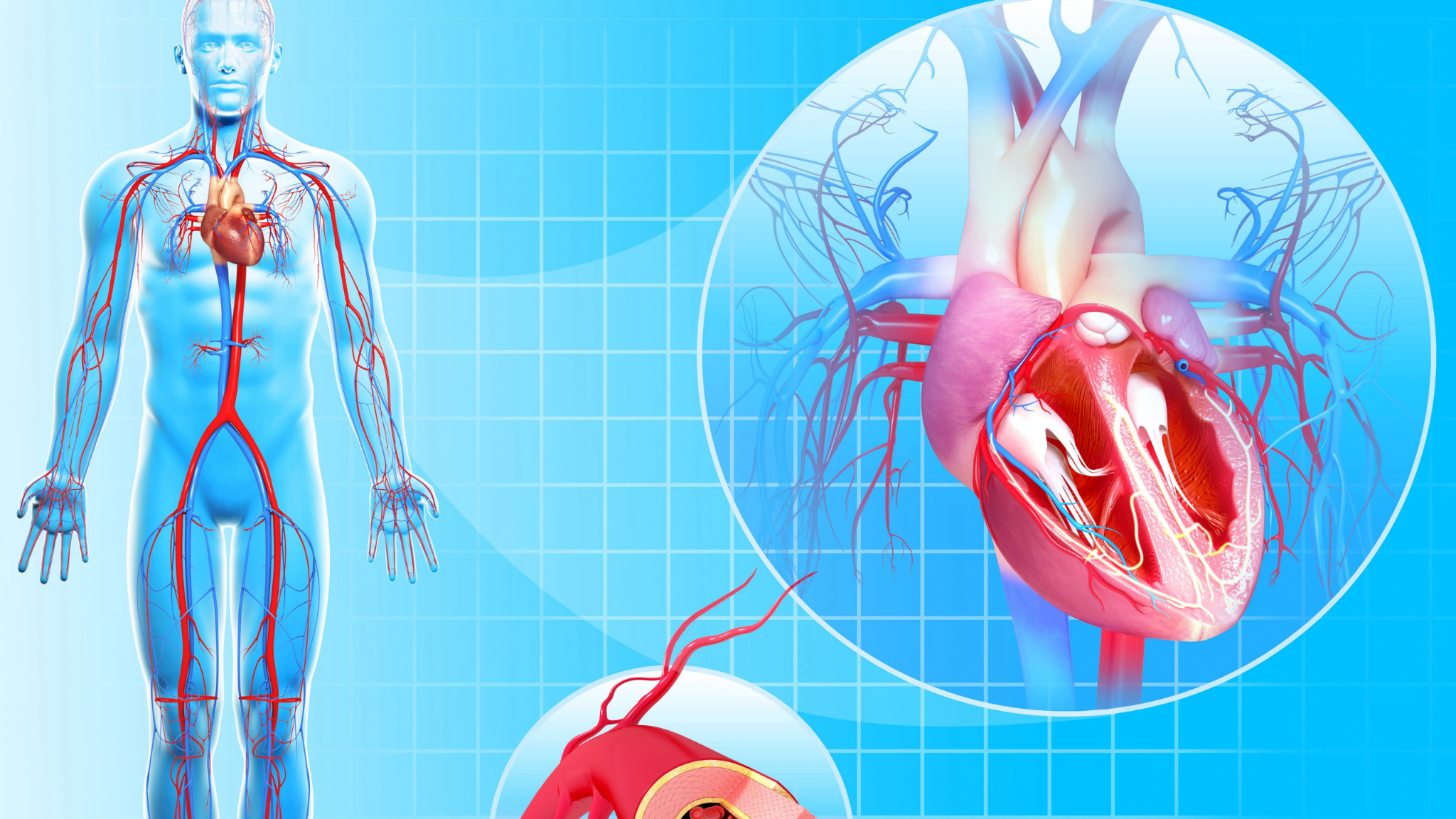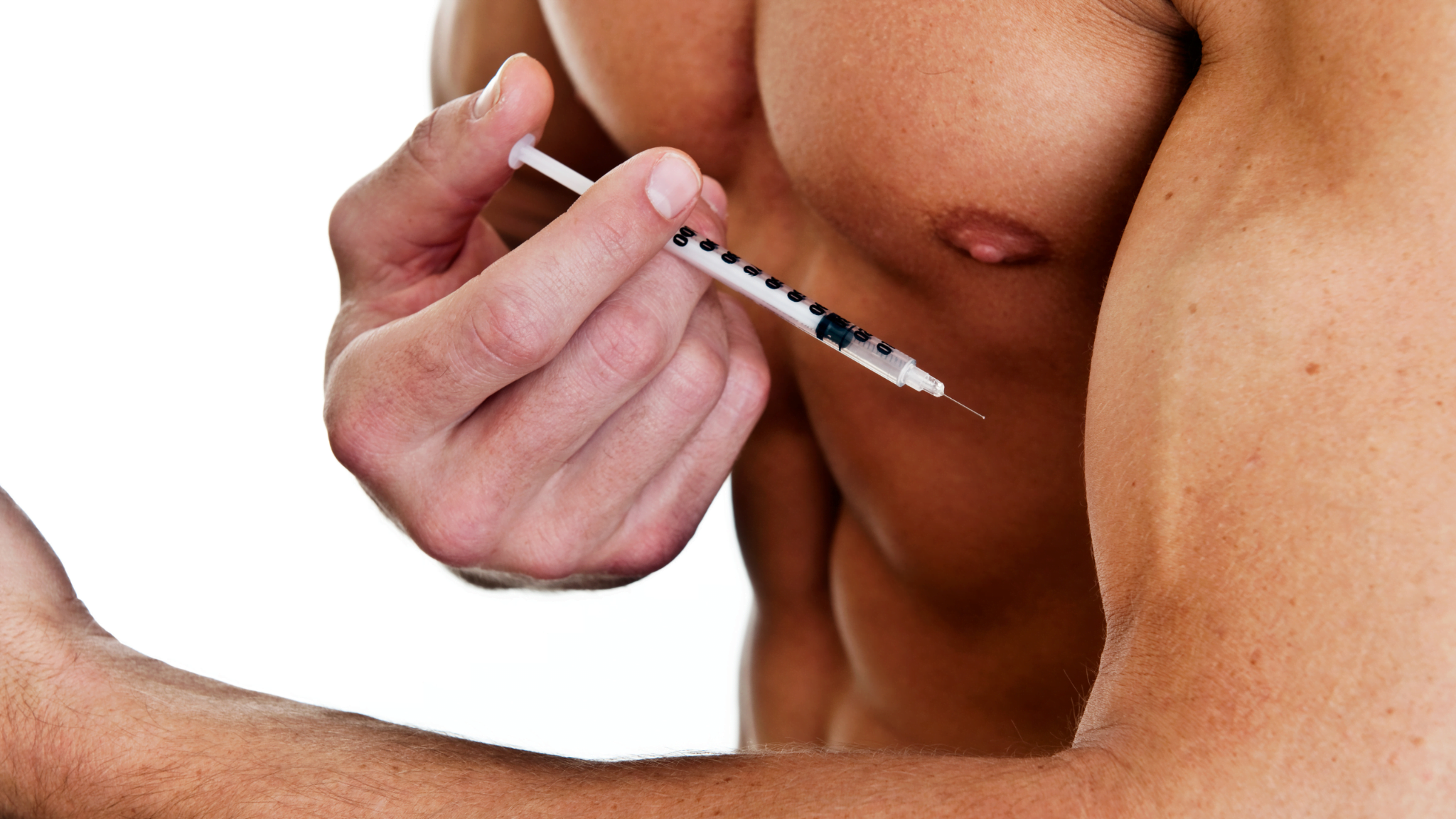Anabolic steroids have been controversial in sports and bodybuilding for many years. Athletes and bodybuilders commonly use them to enhance performance and muscle growth. However, their use has been banned by many sporting organizations due to the potential health risks and side effects associated with their service.
The Cardiovascular System and Blood Pressure
The cardiovascular system is responsible for blood and oxygen circulation throughout the body. It includes the heart, blood vessels, and blood. Blood pressure is a measure of the force that blood exerts against the walls of the arteries as it flows through them. Maintaining healthy blood pressure is crucial for cardiovascular health.
Anabolic steroids can affect blood pressure by increasing the production of red blood cells, leading to a thickening of the blood and an increase in blood pressure. They can also cause the blood vessels to become less elastic, further increasing blood pressure and the risk of cardiovascular disease.
Risks of Anabolic Steroids for Cardiovascular Health
Research studies have linked anabolic steroid use to an increased risk of cardiovascular disease. Cardiovascular risks associated with anabolic steroid use include hypertension, atherosclerosis, and heart failure. Hypertension is a condition where the blood pressure is consistently elevated. Atherosclerosis is when the arteries narrow and harden, increasing the risk of heart attack and stroke. Heart failure is when the heart cannot pump blood effectively throughout the body.
Factors that Influence Cardiovascular Risks of Anabolic Steroid Use
Several factors can increase the risk of cardiovascular disease in anabolic steroid users. These include age, gender, dosage, and duration of use. Younger individuals are at higher risk of cardiovascular disease due to more prolonged exposure to anabolic steroids. Men are also at a higher risk than women due to the higher testosterone levels in their bodies.
Lifestyle factors like diet and exercise can also impact cardiovascular health in anabolic steroid users. A diet high in saturated and trans fats can increase the risk of cardiovascular disease. At the same time, regular exercise can help maintain healthy blood pressure and reduce the risk of heart disease.
Prevention and Management of Cardiovascular Risks Associated with Anabolic Steroid Use
Preventing and managing cardiovascular risks associated with anabolic steroid use requires a multi-faceted approach. Regular cardiovascular screening and monitoring can help identify potential issues before they become serious. Lifestyle modifications, such as a healthy diet and regular exercise, can help maintain healthy blood pressure and reduce the risk of cardiovascular disease.
Pharmacological interventions may also be necessary to manage cardiovascular risks associated with anabolic steroid use. Blood pressure medications, cholesterol-lowering drugs, and medications to work heart failure may be prescribed to reduce the risk of cardiovascular disease.
Understanding the Cardiovascular Risks in the UK
Cardiovascular disease (CVD) is a leading cause of mortality and morbidity in the UK. It encompasses a range of conditions, including coronary heart disease, stroke, and peripheral vascular disease. According to the British Heart Foundation, CVD causes nearly 170,000 deaths in the UK each year, which equates to approximately one-third of all deaths.
There are several risk factors associated with CVD, including:
High blood pressure: High blood pressure can damage the blood vessels and increase the risk of heart attack and stroke.
High cholesterol: High levels of cholesterol can cause the build-up of fatty deposits in the blood vessels, leading to narrowing and blockages.
Smoking: Smoking damages the blood vessels and increases the risk of heart attack, stroke, and peripheral vascular disease.
Physical inactivity: Lack of exercise can contribute to obesity, high blood pressure, and other CVD risk factors.
Poor diet: A diet high in saturated fat, salt, and sugar can increase the risk of CVD.
Diabetes: Diabetes increases the risk of CVD, particularly if it is poorly managed.
Family history: A family history of CVD can increase the risk of developing the condition.
It is important to note that many of these risk factors are modifiable, meaning that individuals can take steps to reduce their risk of developing CVD. This may include making lifestyle changes, such as increasing physical activity, quitting smoking, and improving diet. In some cases, medication may also be necessary to manage risk factors such as high blood pressure and high cholesterol.
It is also worth noting that certain groups may be at a higher risk of developing CVD than others. For example, men are more likely to develop CVD than women, and individuals from South Asian or African-Caribbean backgrounds may have a higher risk of developing the condition.
Overall, it is important for individuals to be aware of their CVD risk factors and take steps to manage them in order to reduce their risk of developing this potentially life-threatening condition.
Conclusion
Anabolic steroids can have numerous benefits for athletes and bodybuilders, but they also come with potential risks and side effects, including cardiovascular health issues. It’s essential to understand the risks associated with anabolic steroid use and make informed decisions. Increased awareness and education on the potential dangers of anabolic steroids for cardiovascular health are crucial. It’s also essential to seek professional guidance and support when considering anabolic steroids to ensure the best possible outcomes for overall health and well-being.
FAQs
Q: What are anabolic steroids, and how do they affect the body?
A: Anabolic steroids are synthetic versions of the hormone testosterone used to enhance athletic performance and promote muscle growth. They work by increasing the production of red blood cells and promoting muscle tissue development.
Q: What are the potential cardiovascular risks associated with anabolic steroid use?
A: Anabolic steroid use has been linked to an increased risk of hypertension, atherosclerosis, and heart failure. These risks are primarily due to the effects of anabolic steroids on blood pressure and the cardiovascular system.
Q: What factors can increase the risk of cardiovascular disease in anabolic steroid users?
A: Several factors can increase the risk of cardiovascular disease in anabolic steroid users, including age, gender, dosage, and duration of use. Younger individuals and men are at higher risk of cardiovascular disease due to extended exposure to anabolic steroids and higher testosterone levels in their bodies.
Q: How can anabolic steroid users reduce their risk of cardiovascular disease?
A: Anabolic steroid users can reduce their risk of cardiovascular disease by regularly monitoring their cardiovascular health, making lifestyle modifications such as maintaining a healthy diet and regular exercise and considering pharmacological interventions such as blood pressure medications and cholesterol-lowering drugs.
Q: Is it safe to use anabolic steroids for athletic performance or muscle growth?
A: Anabolic steroids carry potential risks and side effects, including those related to cardiovascular health. Understanding these risks and making informed decisions when considering anabolic steroids is essential. Seeking professional guidance and support is recommended to ensure the best possible outcomes for overall health and well-being.
Author

Dr. Aditya K. Sharma
I am Dr. Aditya Sharma, a dedicated urologist specializing in kidney transplants and advanced urological surgeries. My career is driven by a passion for delivering exceptional care and pioneering surgical techniques. Outside the operating room, I have a keen interest in studying the effects of anabolic steroids on bodybuilding, seeking to understand the fine line between enhancing performance and maintaining health.








